The Crime of Listening to What You Want
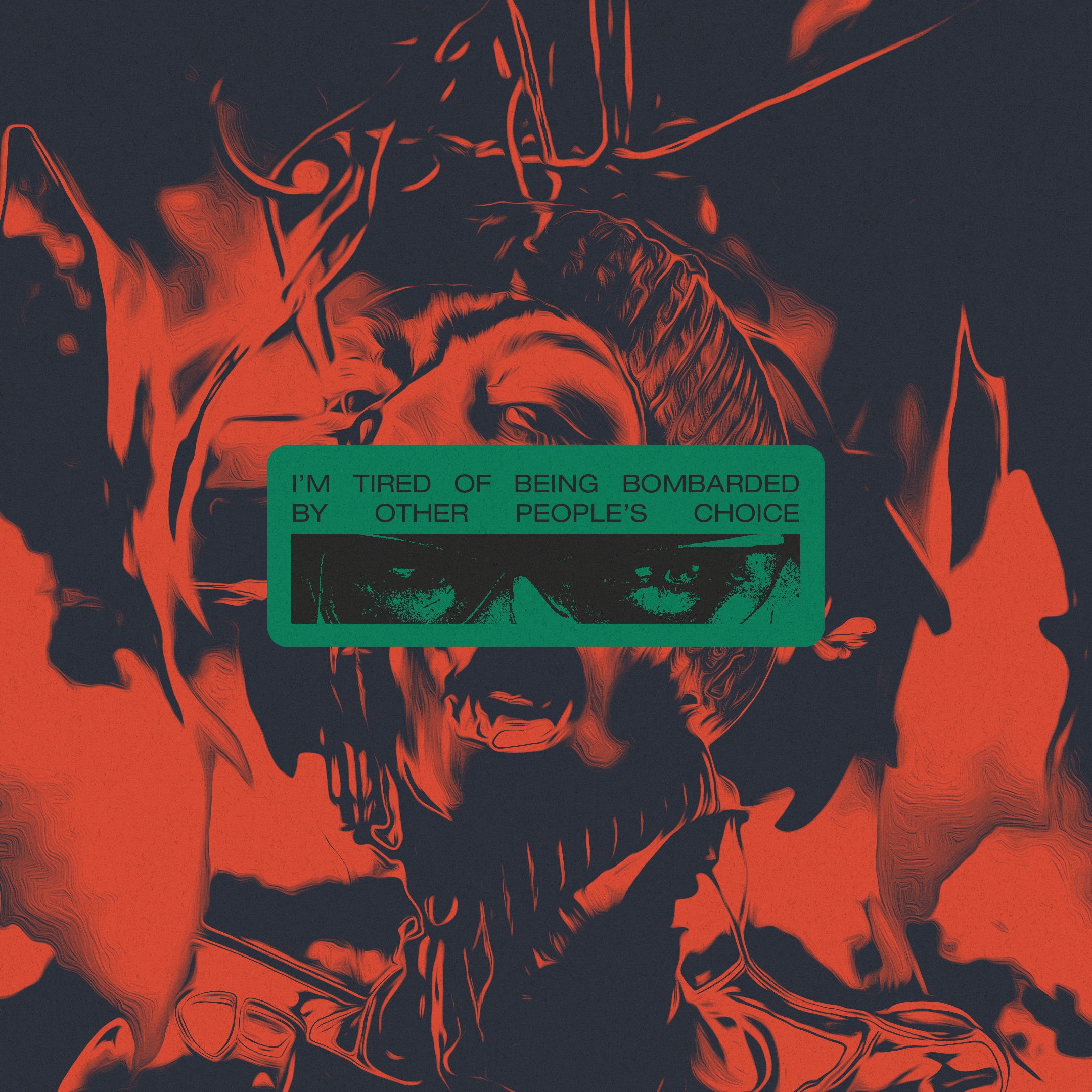
As a child, our writer made mixtapes out of recorded radio shows. In this personal essay, she explains how she disobeyed the station’s official music curation.




As a child, our writer made mixtapes out of recorded radio shows. In this personal essay, she explains how she disobeyed the station’s official music curation.



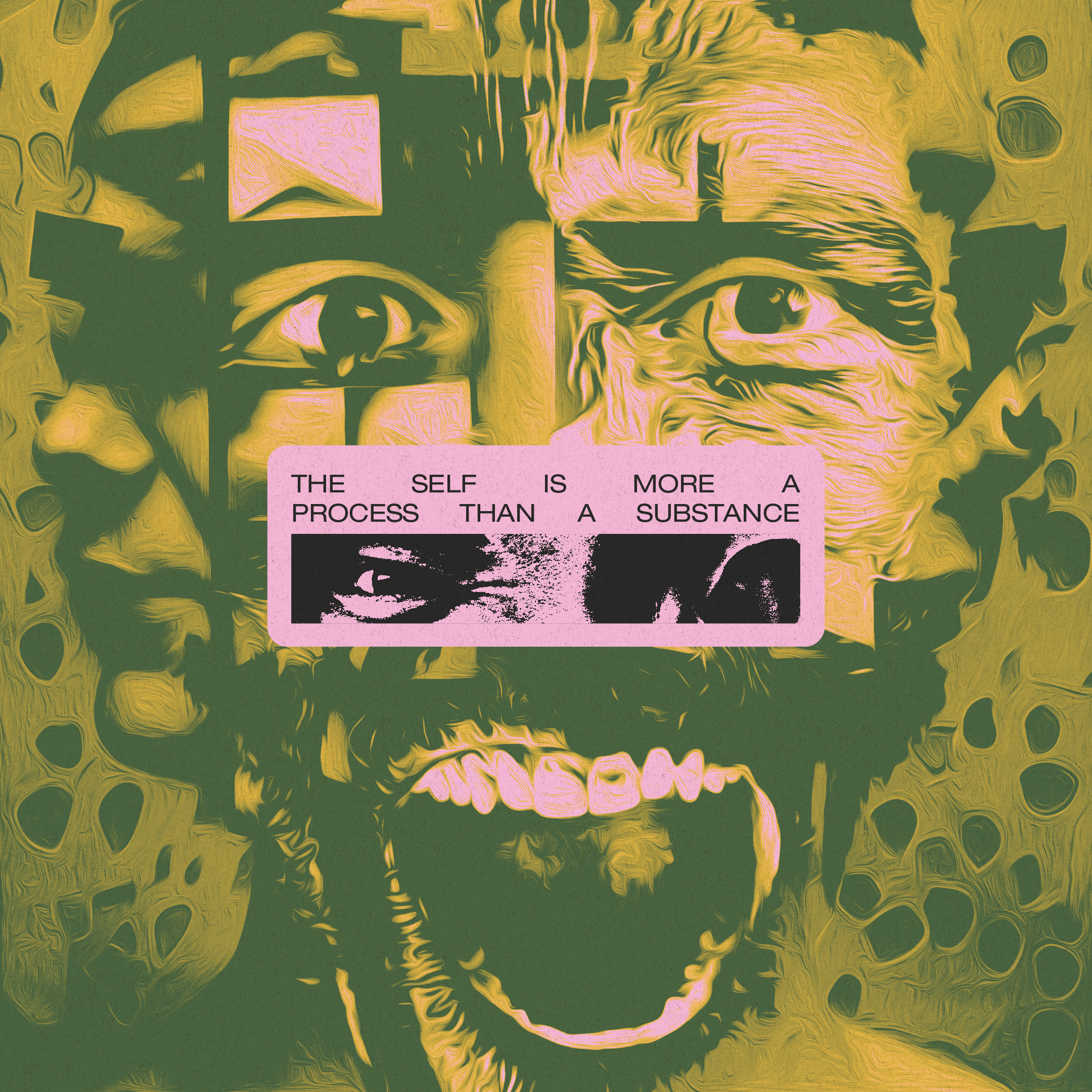
Even at a time of fragmented digital selves, people often align with a single self-description, suppressing their multiplicities. In this essay, our author attempts to re-sample the embattled term (self-)curation, in search of its supposed emancipatory potential.




What happens when curation resists any form of guidance? For Rebecca Salvadori, video artist and artistic co-curator of Norient Festival 2022, this led to a silent rush of creativity. A claim for positive disorientation.



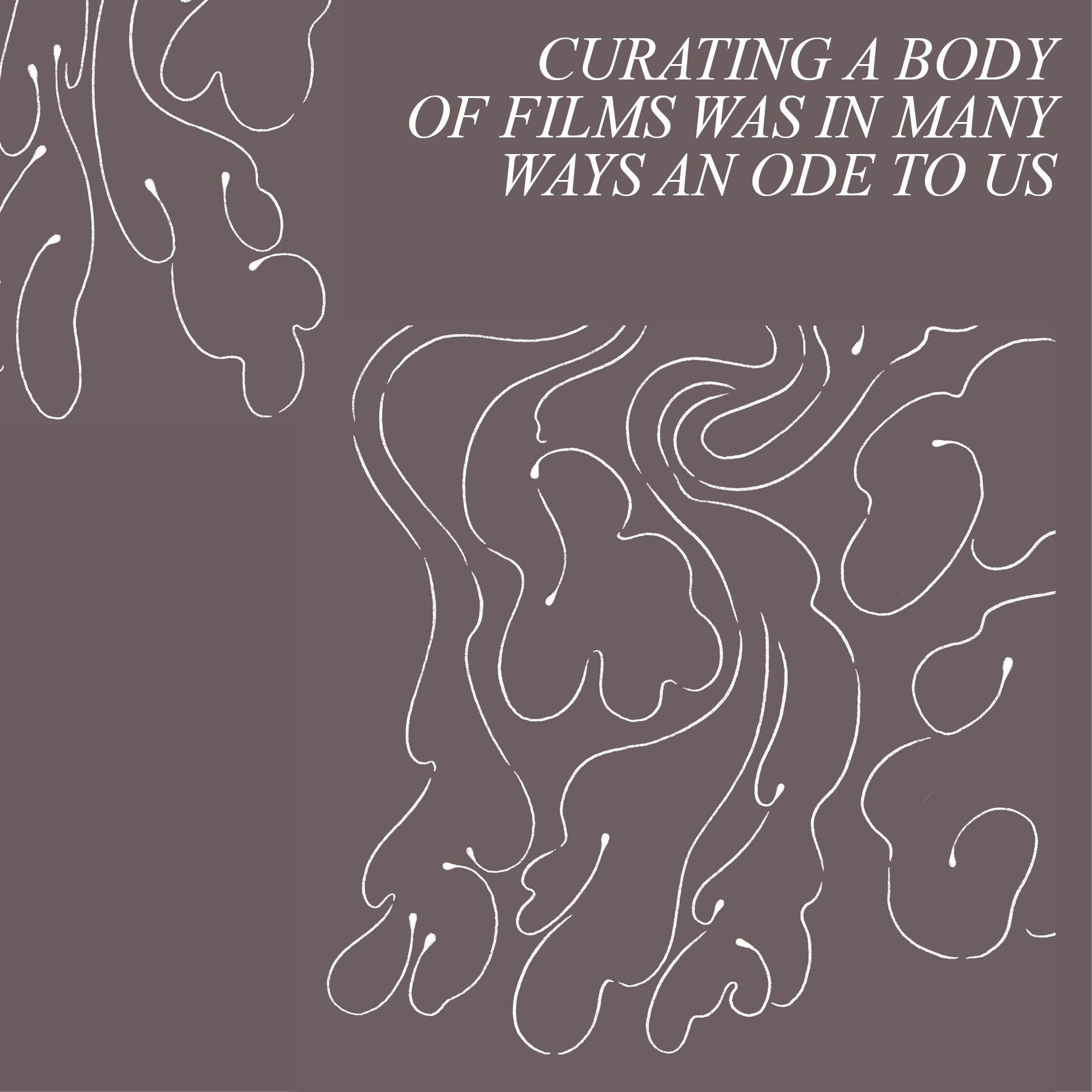
How can we decentralise the power of curatorial spaces? According to our writer, we need to take into account irrationality as a creative process.



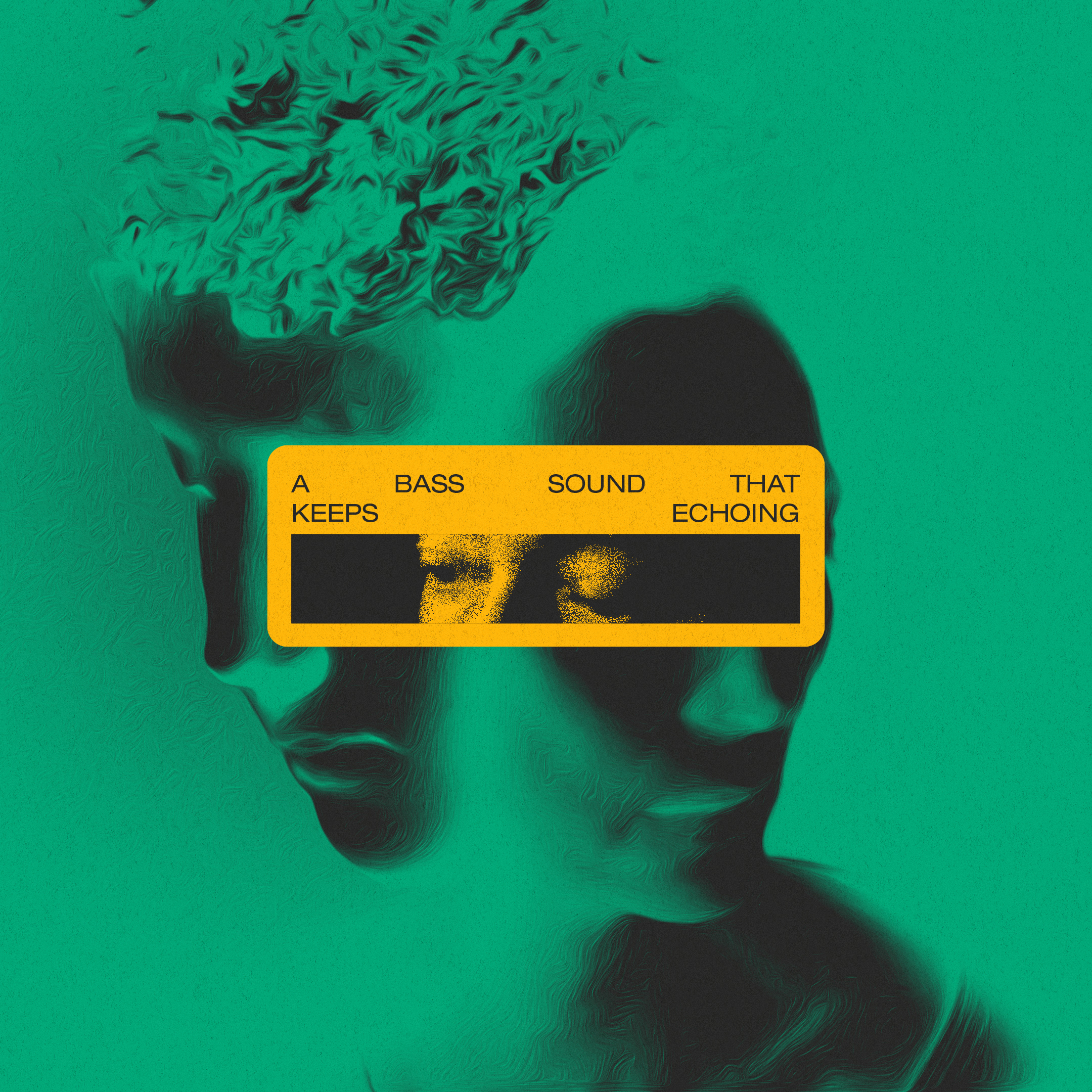
How does sound shape visual perception in a movie? Watching «Memoria» by Apichatpong Weerasethakul, film scholar Sulgi Lie is shaken by a heavy bass that has no visible source.



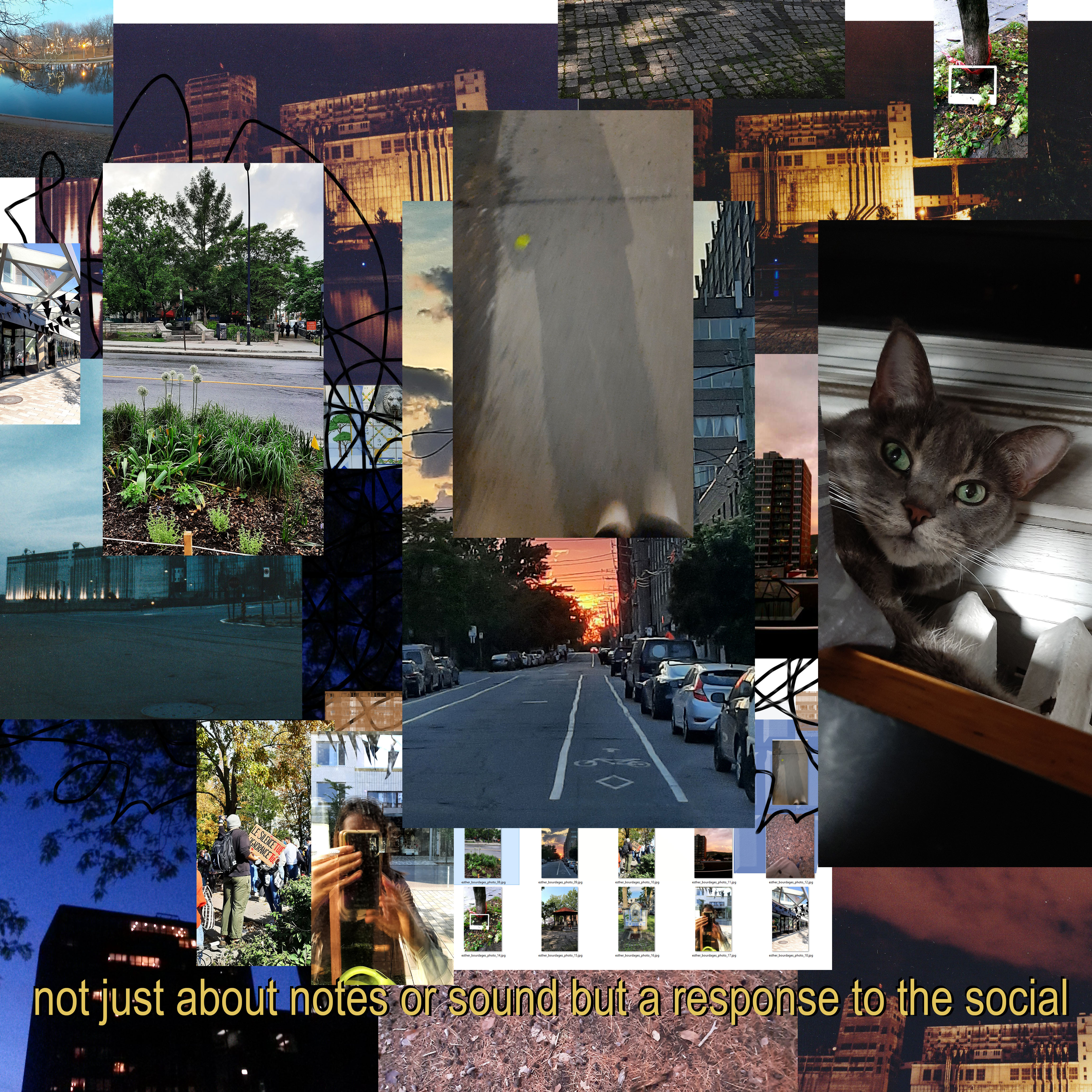
A portrait of Montréal’s diverse music scenes, their global connections and historical roots; and an exploration of the effects of gentrification.



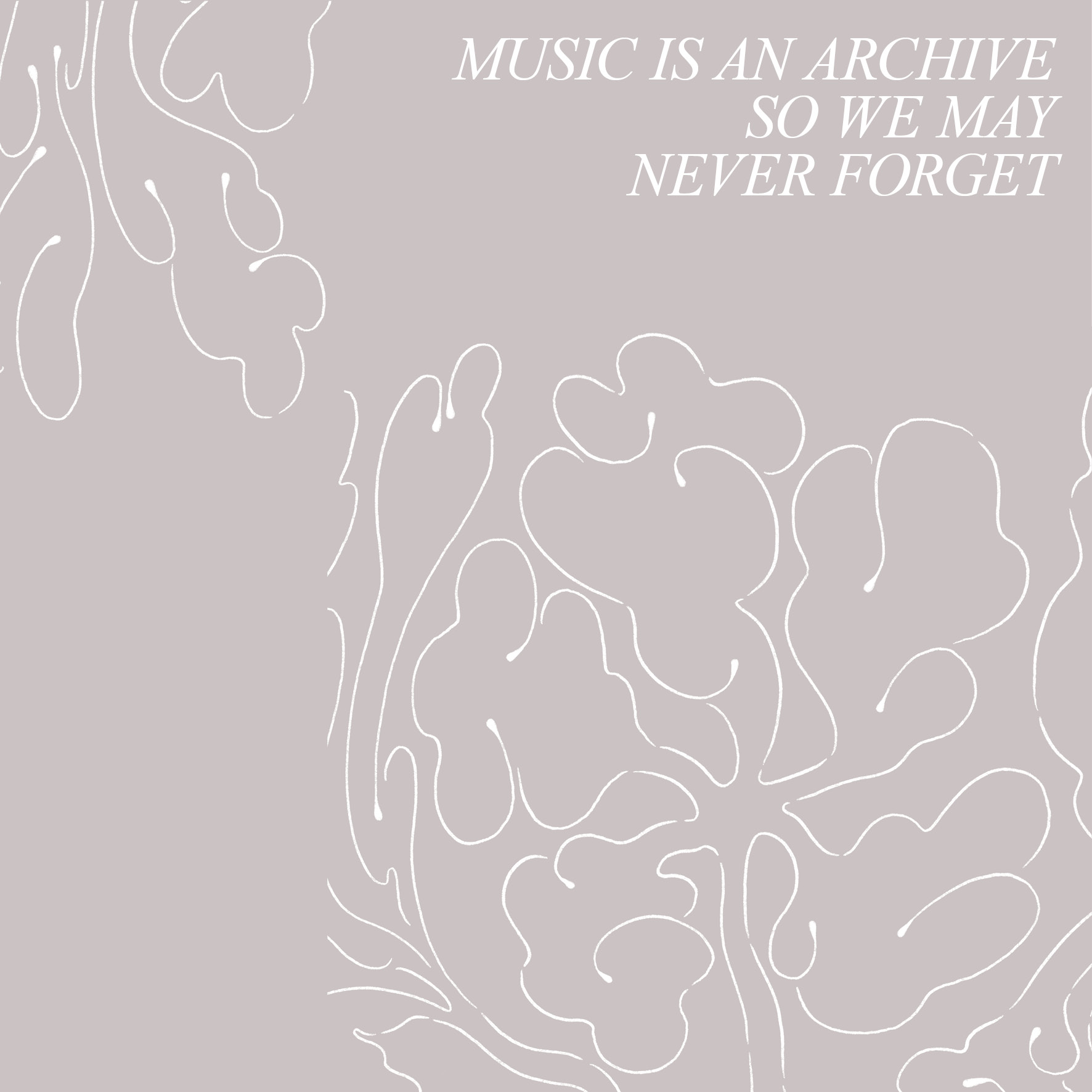
How does a body-self express itself in a digital sphere? In her reflection on a 12th century poem and the singing at anti-CAA protests in India, our writer reassesses the body in pandemic times.



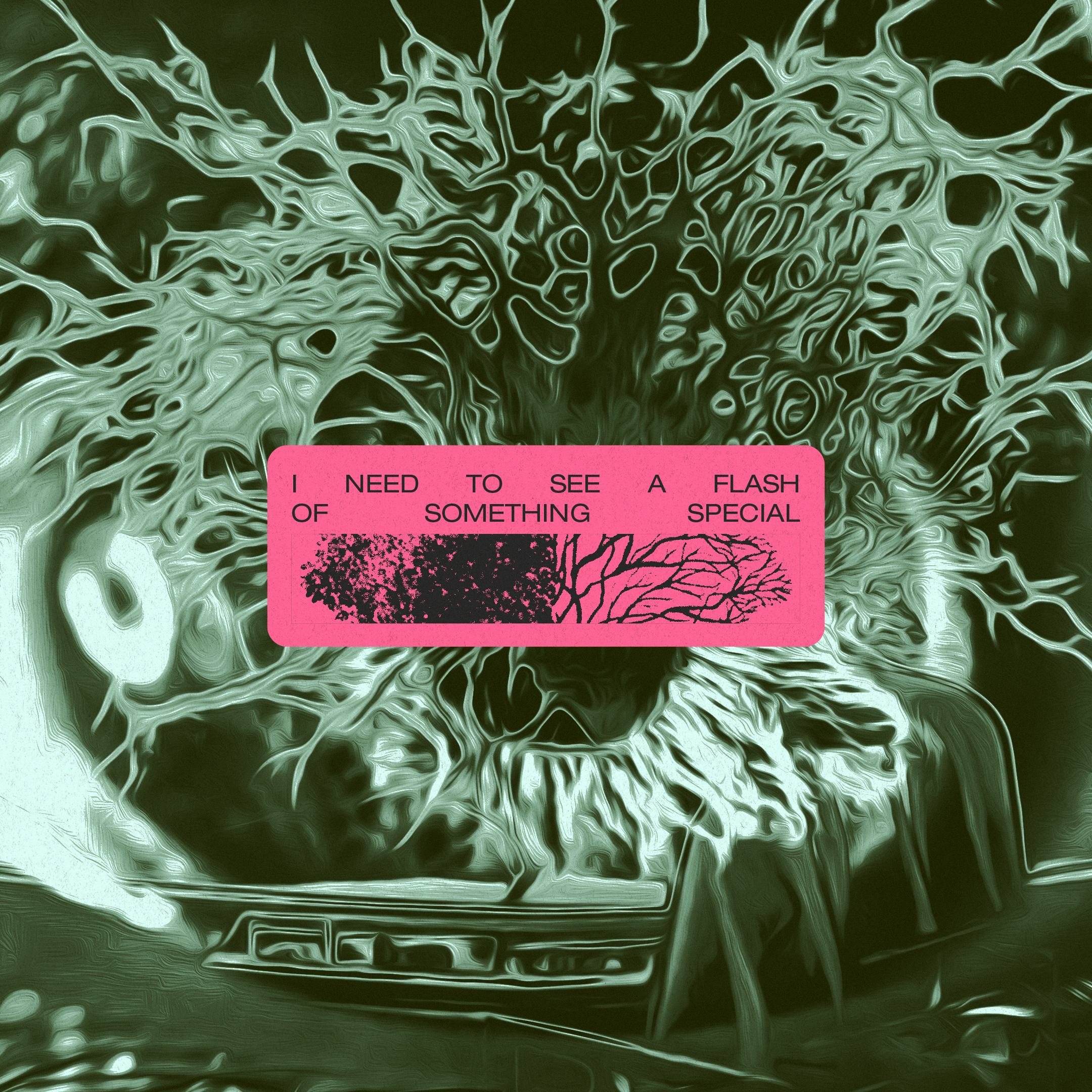
Selecting a film for a festival requires us to look beyond pure preference. In this essay, Chafic Tabbara, film critic and co-artistic director of Norient Festival 2022, shares his thoughts on curating films for cinema in the age of online streaming.



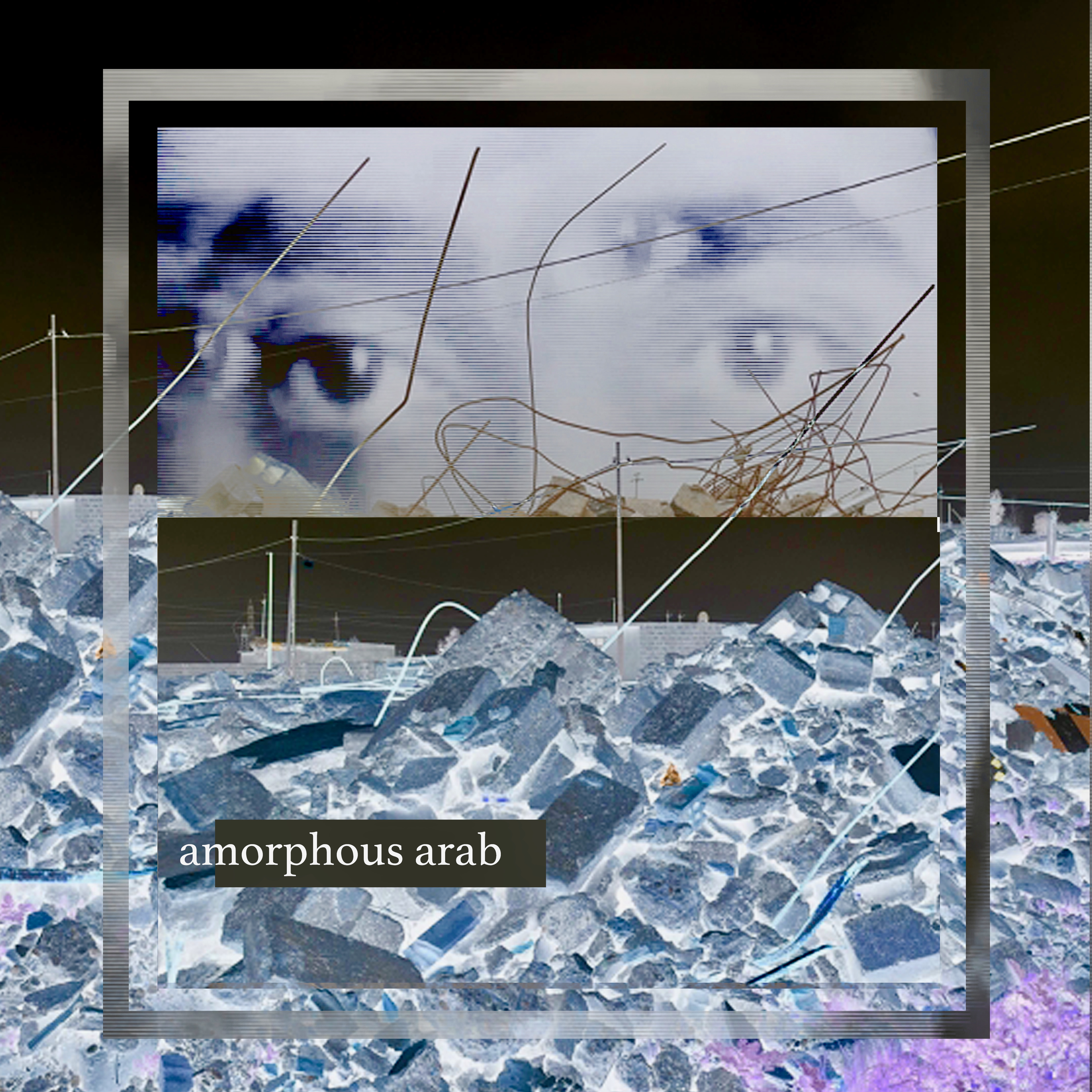
Can one pursue the past through reimagining the present? Veteran musician Yacoub Abu Ghosh and sound experimentalist Rehab Hazgui talk to Norient about merging tradition with recent techniques at the «Mirath:Music Sound Exhibition», a project by the Goethe-Institut.



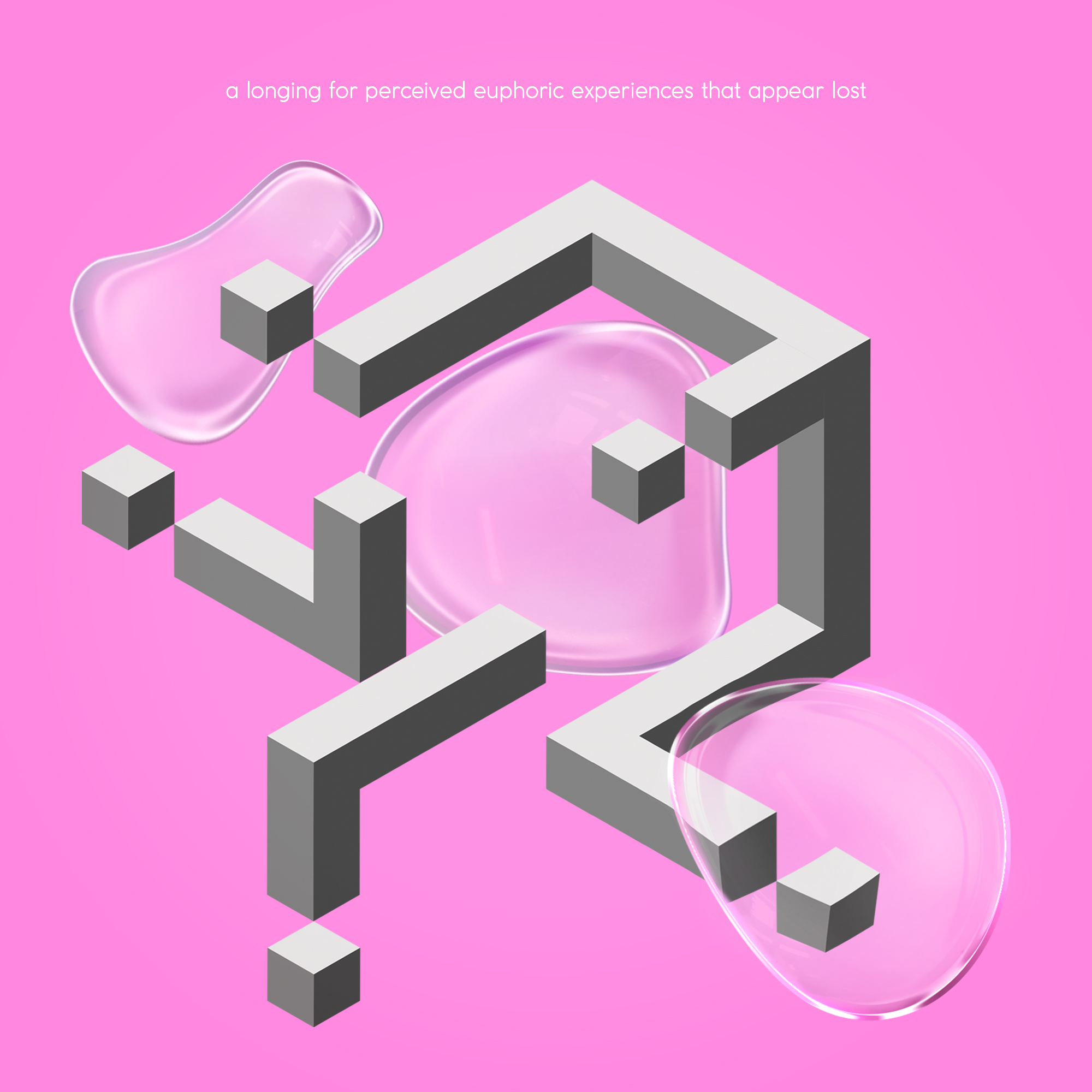
In the final part of his Post-Euphoria series, Guy Baron discusses using stripped-down electronic dance music motifs to suggest ambivalent euphoric experiences and capture fleeting moments.



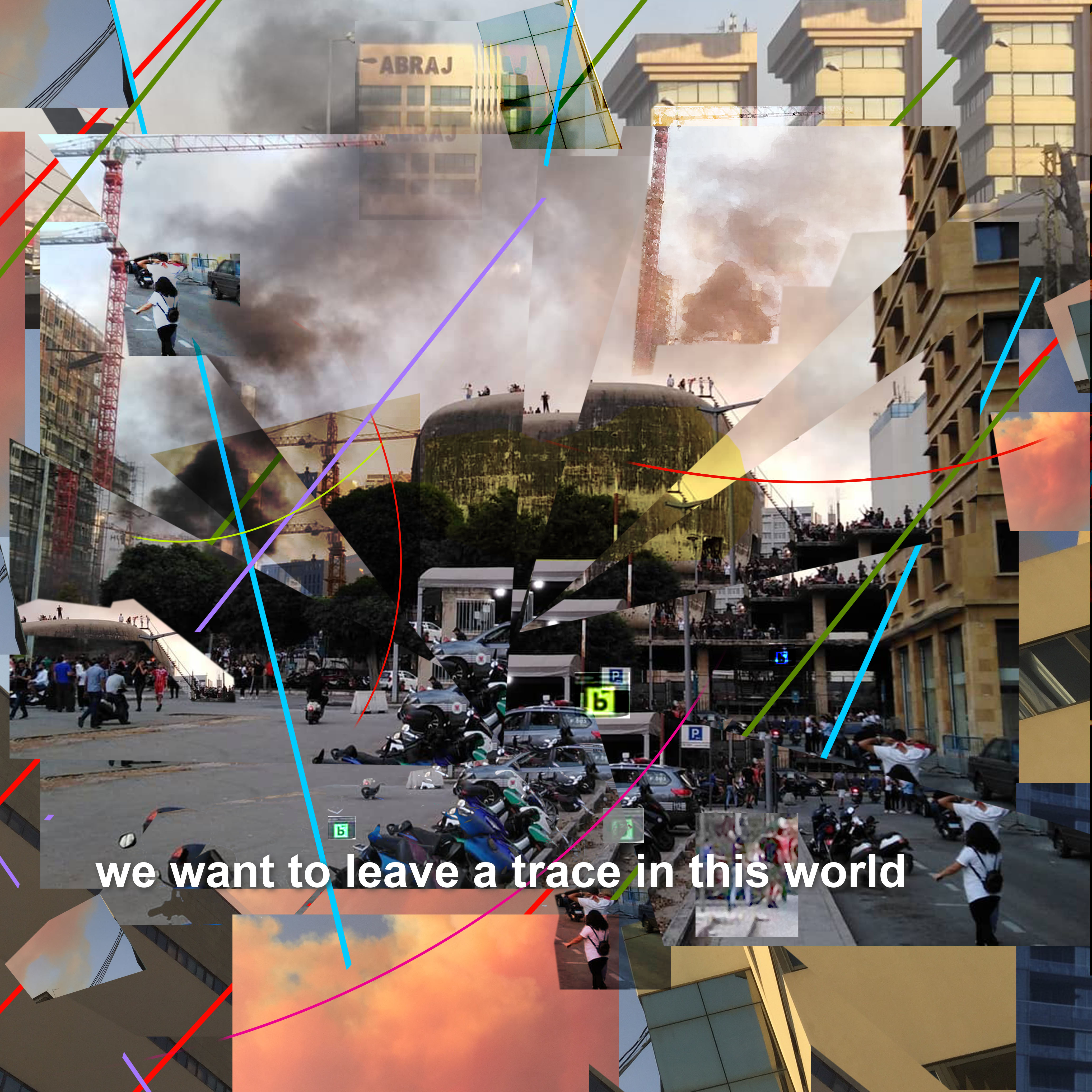
A reflection on the current uncertainties experienced in Beirut and how they have influenced creative processes.


